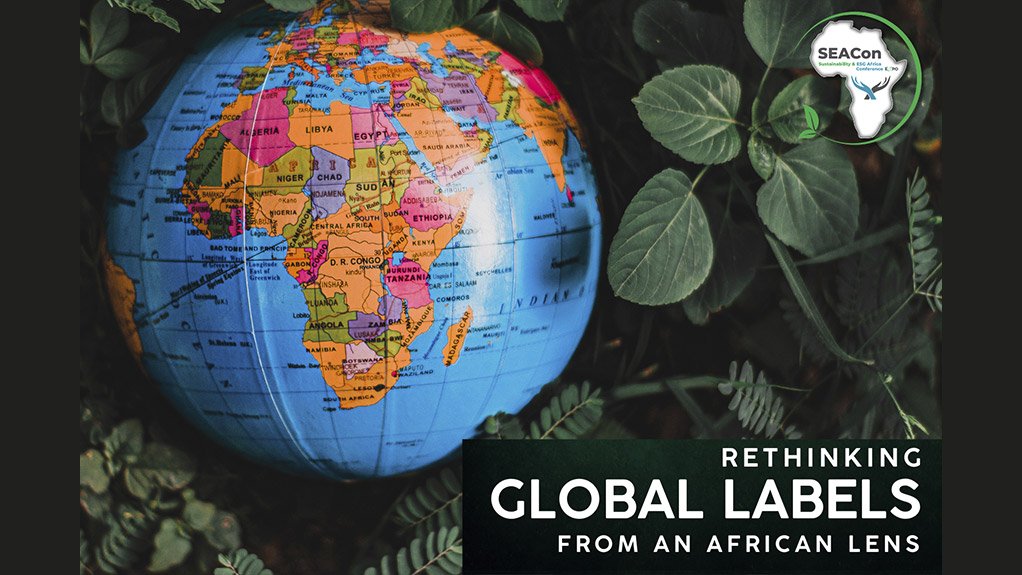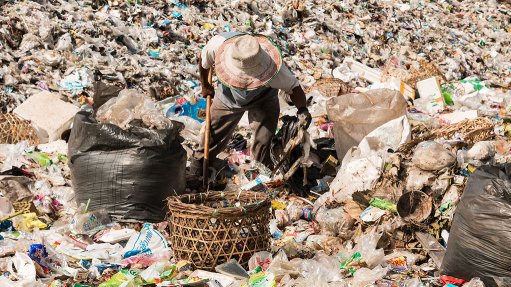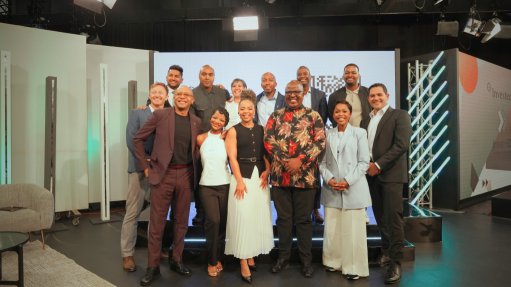Rethinking Global Labels from an African Lens
This article has been supplied.
By: Wendy Poulton and Molupe Mat’sumunyane
The Weight of Words
Global institutions have long shaped inequality through language, dividing nations into “rich/poor” and later “developed/developing.” After World War II, the United Nations, World Bank, and International Monetary Fund formalised these categories, reinforced by U.S. President Truman’s 1949 “underdeveloped areas” speech. By the 1960s, these labels defined trade, aid, and policy, rebranding but never escaping the same hierarchy. Today, these terms are increasingly outdated, misleading, and counterproductive. They assume a single, linear path toward the lifestyle and structures of industrialisation, erasing diverse models of progress. For Africa, with its rich histories, resource endowments, and socio-economic realities, such framing oversimplifies and undervalues local contexts.
In Sesotho, there is a saying: lebitso lebe ke seromo—“a bad name is a curse and will manifest.” When Africa is labelled “developing or least developed,” the deficit narrative takes hold, portraying nations as perpetual laggards rather than dynamic actors. Accepting such terms risks internalising and perpetuating the very limitations they imply. Discarding outdated labels is therefore more than symbolic, it is about reclaiming narrative power.
The World Bank itself has recognised the problem, it classifies economies by GNP per capita ie low, middle, and high income and discarding “developed” and “developing” in its World Development Indicators. This shift acknowledges two realities. Firstly, grouping a diverse set of countries under “developing” masks profound differences and secondly, many indicators show overlap between so-called “developed” and “developing” countries. This is not mere semantics: the labels influence how policy, finance, and cooperation are structured.
Africa Leading the Future
The evidence speaks for itself. Many African nations are already global leaders in key sectors:
- Financial Innovation: Kenya’s M-Pesa mobile money system is a global benchmark, outpacing digital finance adoption in high-income economies.
- Green Energy Leadership: Namibia, Morocco, and South Africa are pioneers in green hydrogen, solar, and wind.
- Growth Rates: Ethiopia, Rwanda, Côte d’Ivoire, and Senegal rank among the world’s fastest-growing economies.
- Demographic Dividend: With a median age under 20, Africa holds a labour and innovation advantage over ageing societies.
- Digital Leapfrogging: Nigeria, Kenya, and South Africa lead in fintech, start-ups, and e-commerce growth.
Despite these advances, the continent is still grouped under vague banners like “developing” or “least developed,” erasing its leadership in shaping the future.
Africa’s critical minerals, abundant solar, wind, and hydropower potential are not just extractive assets. Used strategically, they can uplift local economies, drive green industrialisation, and build continental value chains. Harnessed this way, resources become levers of agency, rewriting dependency narratives and positioning Africa’s natural wealth and youthful workforce as a global advantage.
Beyond Binaries: New Groupings
Outdated binaries ignore shifting realities. New coalitions such as BRICS and the G20 demonstrate that influence and cooperation can no longer be captured by “developed vs. developing.” South Africa’s presence in both shows that African economies are active shapers of global agendas, reforming financial systems and leading debates on climate justice and energy transitions.
Instead of deficit-driven categories, classifications could affirm agency and contribution, such as knowledge-rich economies, resource-rich economies, demographic-advantage economies, and technology-connector economies. In this context, terms such as “emerging,” “transforming,” or “innovation-driven” better reflect dynamism and resilience.
Redefining the Conversation
Language shapes power. If Africa is to achieve its Agenda 2063 vision, “the Africa We Want,” the global community must move beyond labels that perpetuate dependency. Ubuntu teaches us that societies thrive in interdependence, not hierarchy. Countries should be recognised for their unique roles in sustaining the global community, not ranked as better or worse.
For Africa, this is not about fitting into existing categories. It is about reshaping them. The time has come to redefine the conversation. For Africa, this is not about fitting into global categories it is about reshaping them to reflect the continent’s realities, ambitions, resources, and rightful place in the world.
Wendy Poulton is the Director & co-founder of the Sustainability and ESG Africa Conference, and Molupe Mat'sumunyane is a partner at African Botho Advisory. The ESG Africa Conference will be taking place from 15-16 October at the Sandton Convention Centre. This is Africa’s premier event for sustainability and aims to address how sustainability and ESG are applicable in an African context.
Article Enquiry
Email Article
Save Article
Feedback
To advertise email advertising@creamermedia.co.za or click here
Press Office
Announcements
What's On
Subscribe to improve your user experience...
Option 1 (equivalent of R125 a month):
Receive a weekly copy of Creamer Media's Engineering News & Mining Weekly magazine
(print copy for those in South Africa and e-magazine for those outside of South Africa)
Receive daily email newsletters
Access to full search results
Access archive of magazine back copies
Access to Projects in Progress
Access to ONE Research Report of your choice in PDF format
Option 2 (equivalent of R375 a month):
All benefits from Option 1
PLUS
Access to Creamer Media's Research Channel Africa for ALL Research Reports, in PDF format, on various industrial and mining sectors
including Electricity; Water; Energy Transition; Hydrogen; Roads, Rail and Ports; Coal; Gold; Platinum; Battery Metals; etc.
Already a subscriber?
Forgotten your password?
Receive weekly copy of Creamer Media's Engineering News & Mining Weekly magazine (print copy for those in South Africa and e-magazine for those outside of South Africa)
➕
Recieve daily email newsletters
➕
Access to full search results
➕
Access archive of magazine back copies
➕
Access to Projects in Progress
➕
Access to ONE Research Report of your choice in PDF format
RESEARCH CHANNEL AFRICA
R4500 (equivalent of R375 a month)
SUBSCRIBEAll benefits from Option 1
➕
Access to Creamer Media's Research Channel Africa for ALL Research Reports on various industrial and mining sectors, in PDF format, including on:
Electricity
➕
Water
➕
Energy Transition
➕
Hydrogen
➕
Roads, Rail and Ports
➕
Coal
➕
Gold
➕
Platinum
➕
Battery Metals
➕
etc.
Receive all benefits from Option 1 or Option 2 delivered to numerous people at your company
➕
Multiple User names and Passwords for simultaneous log-ins
➕
Intranet integration access to all in your organisation





















